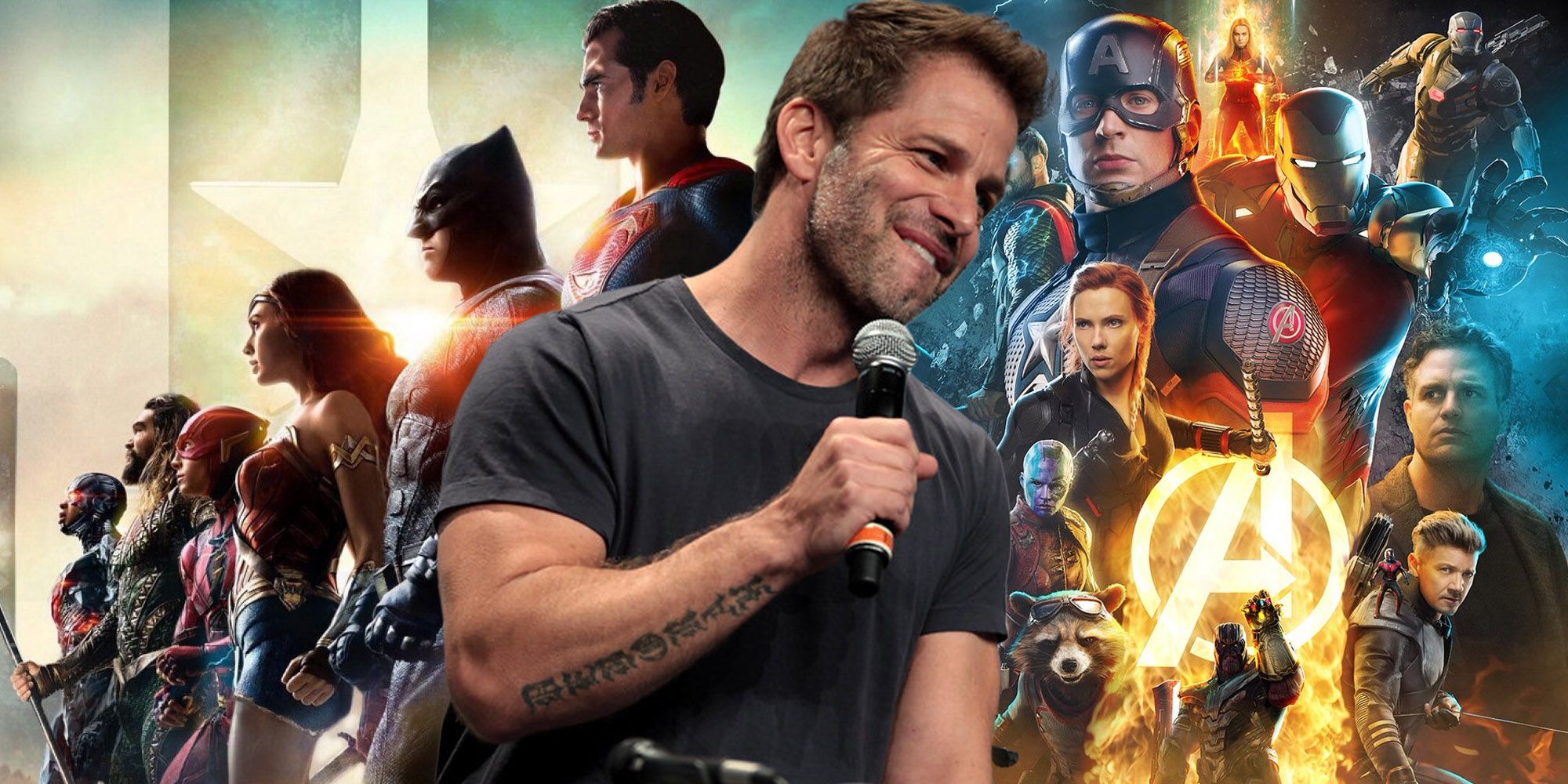
Zack Snyder's plan for the DCEU's Justice League had the potential to be even more timeless than the MCU, and highlight the true potential of contemporary blockbuster filmmaking. While it may never come to fruition, Snyder's plan includes several elements from which future franchises could learn a thing or two.
Snyder's vision for Justice League was largely explained in 2016's Batman v. Superman: Dawn of Justice. The film met a mixed reception, but there was no denying its ambition. With Batman v. Superman, Snyder hinted at numerous conflicts that would become essential to his broader narrative: the Knightmare sequence, a time-traveling Flash, and the eventual arrival of supervillain Darkseid. Snyder's insistence upon jampacking the film with so many different narrative threads partly led to his plan's demise, but his vision remains a fascinating "what if?" amongst DC fanatics.
Fans may never see the full extent of Snyder's vision come to life, but just theorizing about his Justice League plan has kept them plenty entertained over the years. In truth, there is reason to believe Snyder's plan for the franchise could have achieved even greater success and longevity than that of the MCU, which has undoubtedly dominated today's cinematic landscape, but has also stretched itself a bit thin. The DCEU and the MCU had different goals, but the DCEU may have had a deeper understanding of what an extended universe should truly be.
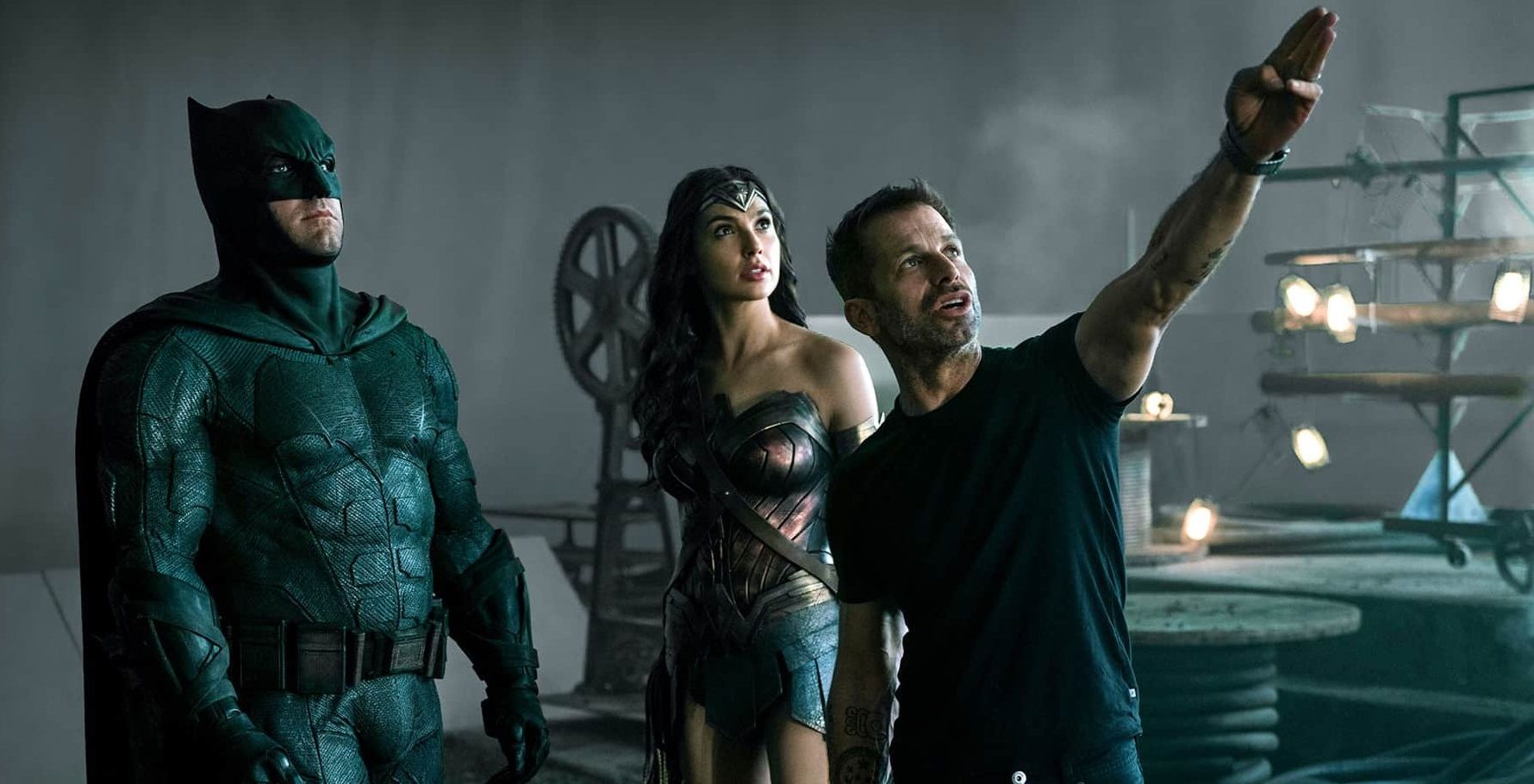
There seems to be an idea that more is better when it comes to blockbusters, but that's not always the case. Snyder's vision for the DCEU included five films. Indeed, Snyder imagined possibilities for spin-offs and the like, but his core vision comprised five films telling a sprawling yet singular story. Man of Steel served as a sort of test for both Snyder and Warner Bros. While both parties obviously wanted to craft a unique and impressive take on Superman's origin, the film's reception was going to be largely responsible for the future of the DCEU. Fortunately, the film fared well, even if it mistreated characters such as General Zod. From there, Snyder created Batman v. Superman, and hoped to follow it up with three Justice League sequels. Ultimately, Justice League's chaotic production resulted in a mediocre final product, and the entire plan fell through. Still, Snyder's five-film structure demonstrates his understanding of franchise-building. Studios can flesh out their franchises all they want, but fans still want a coherent and well-told story above all else. Snyder was ready to provide that.
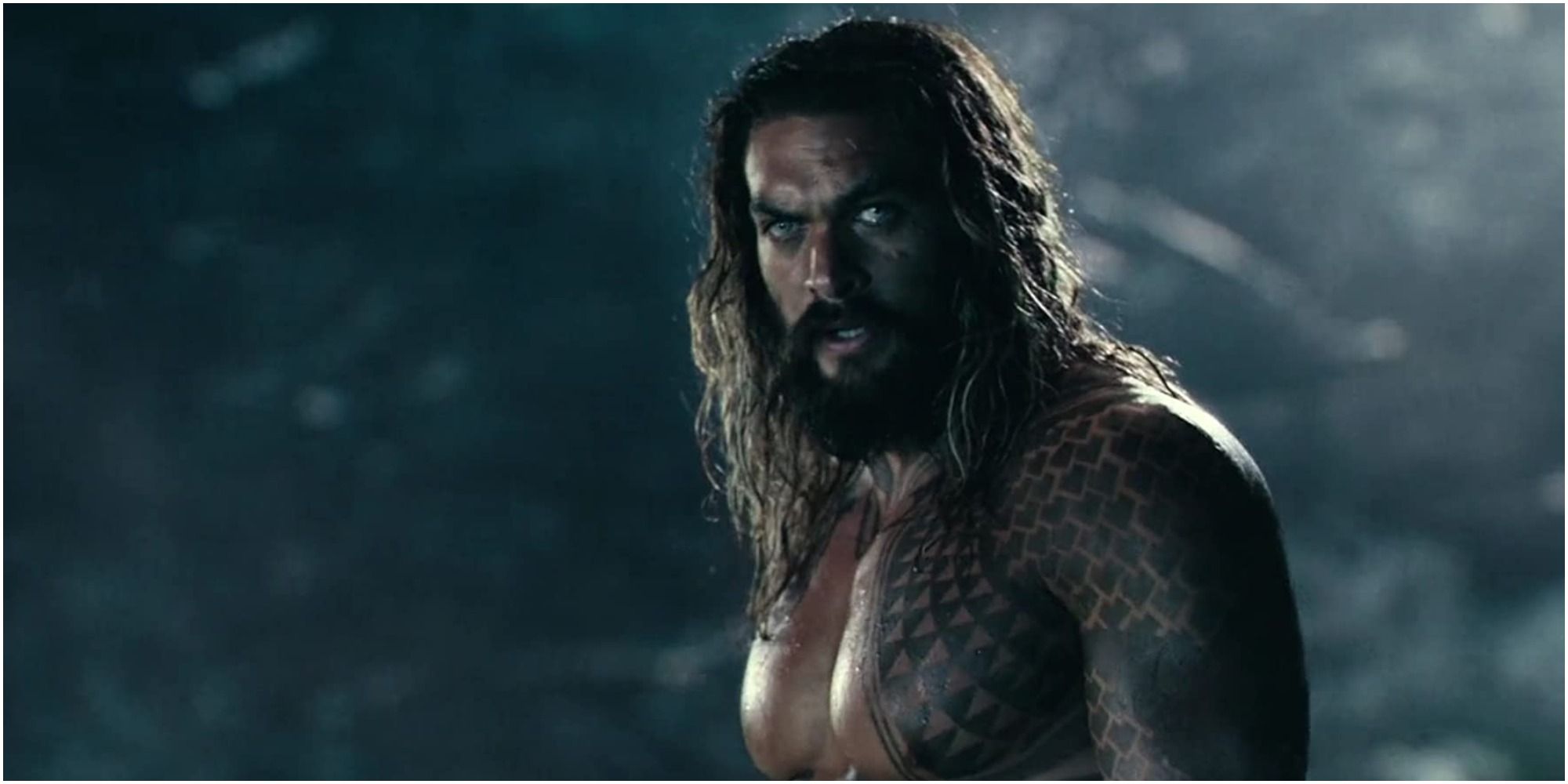
The MCU began in 2008 with Iron Man, and shows no signs of slowing down in 2021 with characters from the X-Men universe such as Deadpool expected to get in on the fun. Still, Marvel may have backed themselves into a corner by building out such an expansive universe. Can the MCU ever end? Snyder's vision for the DCEU didn't aspire for the endless nature of Marvel's own cinematic universe. Rather, Zack Snyder envisioned the DCEU reaching its eventual conclusion, allowing for it to be rebooted from there. Some fans may view this as a rather limiting view of what an extended universe should be, but if anything, Snyder's plan strikes the perfect balance between the new and old ages of franchise filmmaking. Whereas major franchises typically consisted of a few sequels at most in the past, the MCU has established an endless onslaught of films as the dominant approach. Neither approach is necessarily better than the other, although Snyder seems to understand how much more digestible franchises used to be. The MCU has found a winning formula, but it can be a daunting property for the uninitiated.
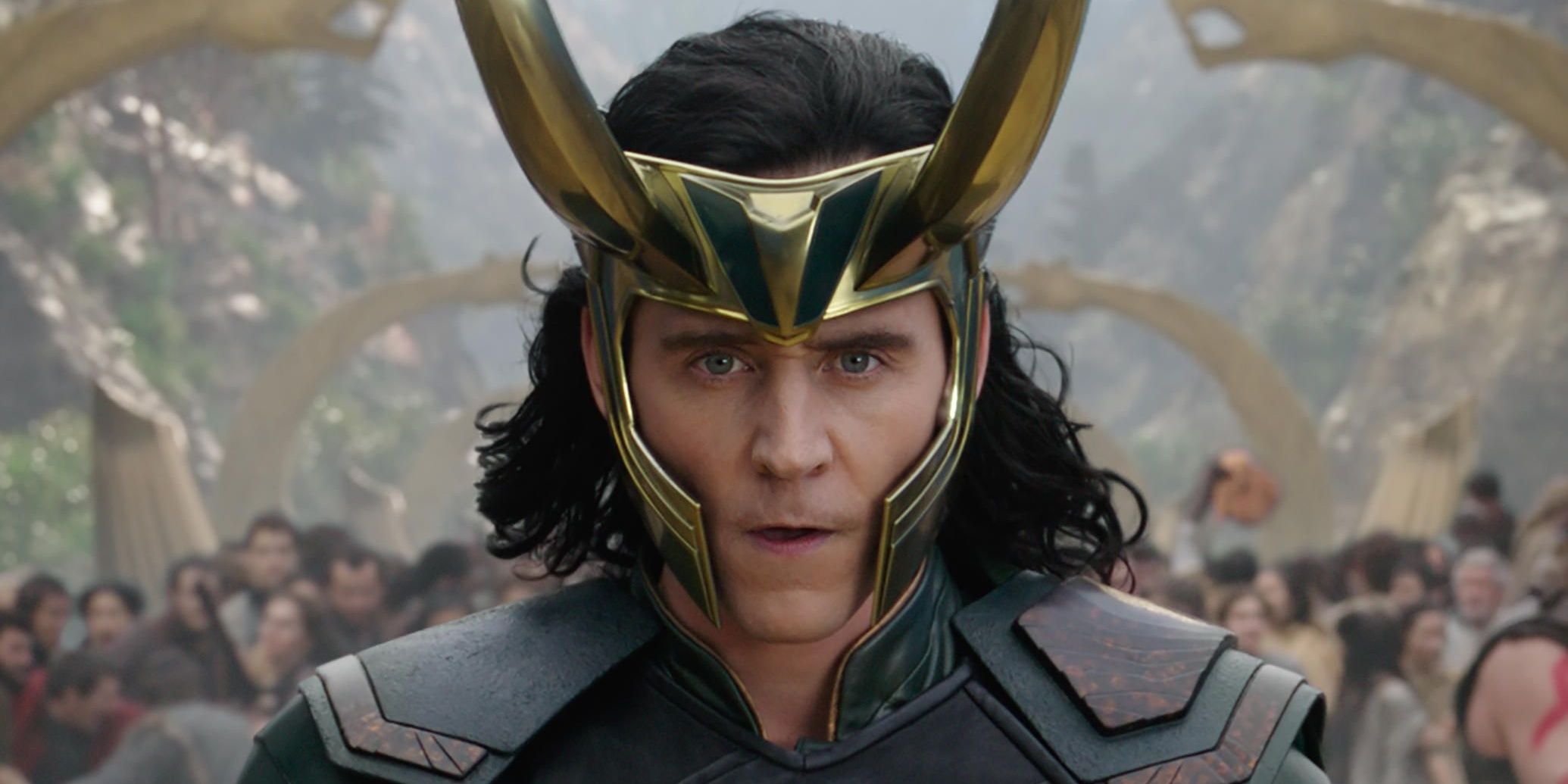
There is no denying the intrigue surrounding the MCU's upcoming television shows on Disney+. Shows like WandaVision are poised to expand the MCU's lore in new and innovative ways, but the introduction of over ten new shows, with several other shows and 23 films already out there, threatens to sweep the MCU's feet out from under it. Diehard fans will undoubtedly consume every piece of media that Marvel Studios puts out, but the MCU's long-term legacy seems murkier and murkier the more that the popular franchise continues to grow. This means it will grow harder and harder for the franchise to garner new fans, as the viewing time in order to catch up with existing films grows ever longer. Snyder's plan acknowledged this aspect of DC's rival, and aimed to build a much more digestible universe as a result.
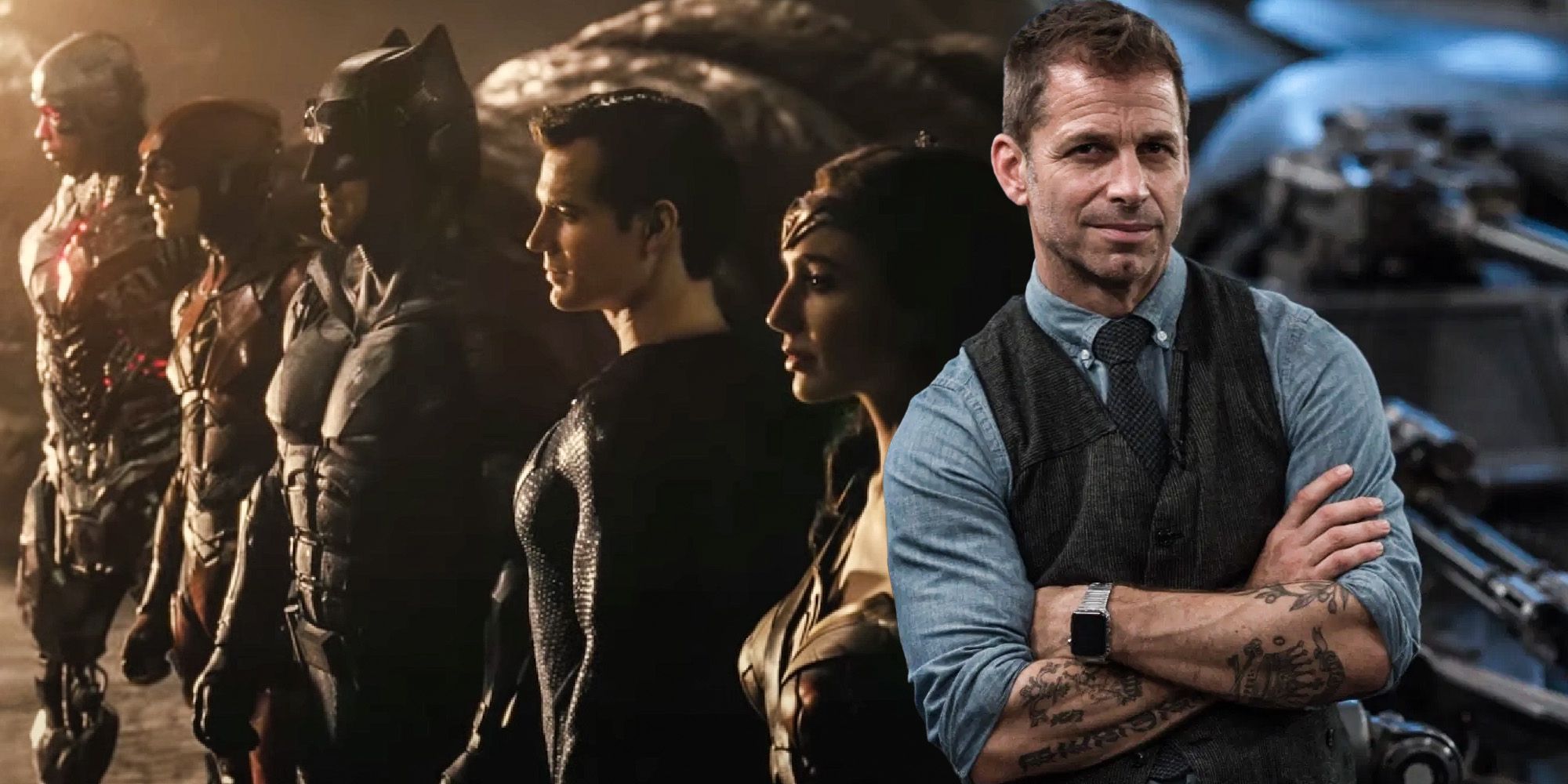
While the MCU certainly revolutionized franchise filmmaking, trilogies like the Lord of the Rings or The Dark Knight trilogy have developed much more staying power. These franchises cemented their legacies by telling epic, singular stories. They remain the pinnacle of what a modern-day franchise should be. They inspire just as much fervent speculation and debate as much as the MCU, but are much more manageable and approachable for casual viewers. Snyder's approach to franchise filmmaking would have welcomed a similar response. After all, the director has already gained one of the most ardent followings of any filmmaker, with fans clamoring for his cut of Justice League to be released for years.
And yet, now that it has almost arrived, even the most casual of fans can sink their teeth in Snyder's vision. Snyder's films were set to tell a singular story; the director has never been interested in the MCU's constant push for more sequels, more spin-offs, and more content. Rather, Snyder struck a balance between the approach that made classic franchises so successful, and what has excited fans about the MCU for years. The overwhelming popularity of properties like Lord of the Rings suggests more traditional franchise-building can still be mightily profitable, which the new cut of Justice League could still well capitalize on.
from ScreenRant - Feed https://ift.tt/2NcRzE1


0 Comments